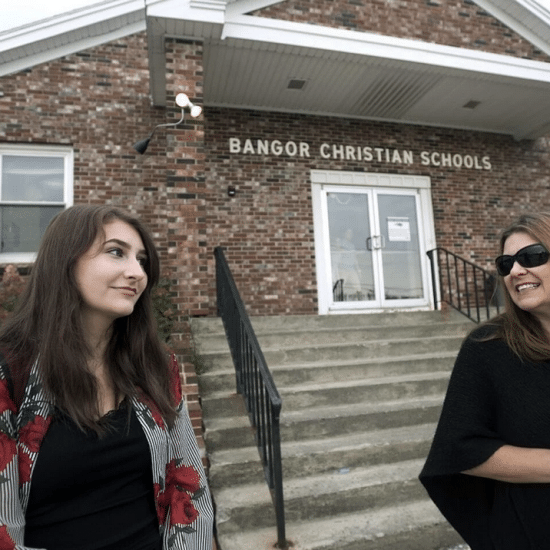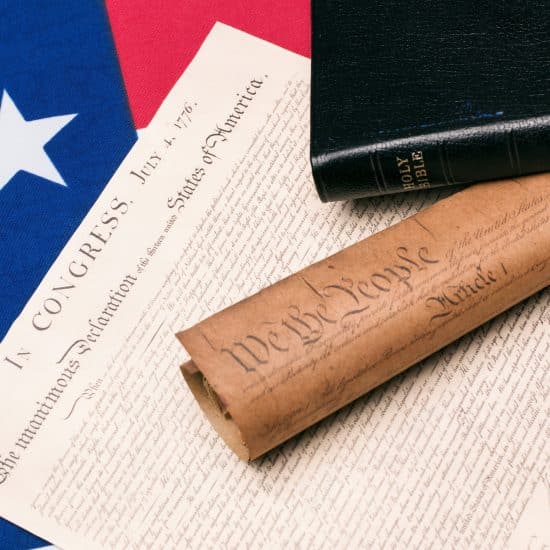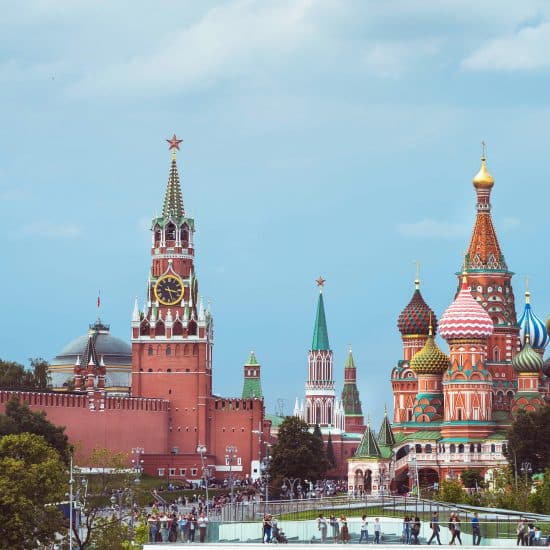WACO—Blending religion with a strong commitment to lifelong marriage and childbearing dampens secular civic participation, according to research by a Baylor University sociologist.
“Strong family and strong religion: What happens when they meet? Is that good for the larger society? It is not always as it seems,” said Young-Il Kim, postdoctoral fellow in Baylor’s Institute for Studies of Religion.
His study—“Bonding alone: Familism, religion and secular civic participation”—is published online in Social Science Research. The findings are based on analysis of data from the first wave of the National Survey of Families and Households, a survey of more than 10,000 individuals age 19 and older designed by the Center for Demography and Ecology at the University of Wisconsin-Madison.
The findings are significant because no studies have shown that traditional family ideology discourages people from involvement with the secular world—or whether the relationship varies by levels of religious commitment, Kim said.
Previous studies have shown religion reinforces ties within a family, and religious involvement promotes civic engagement. But Kim said he wanted to examine the interaction of familism and religion—including such activities as church attendance—on secular civic activities.
Kim found that as religious participation increases, the negative influence of familism on civic participation tends to become larger.
The reason is uncertain for why the merging of traditional family ideology and religion insulates a family within its own members and religious social groups, according to the study, which Kim wrote with W. Bradford Wilcox, director of the National Marriage Project at the University of Virginia.
One cause might be that the modern secular world causes feelings of insecurity for people who hold traditional family values—so that there is a desire to protect one’s family from secular influences. Or it may be that familistic Americans who are devoted to their religion and places of worship “probably have little time and energy to devote to secular organizations,” Kim said.
Researchers examined whether respondents reported at least one membership in such secular voluntary organizations as political groups, labor unions, sports or cultural groups, hobby clubs and professional societies.
The study noted the boundary between “religious” and “civic” spheres in the United States often is blurred.
“Several secular organizations have religious origins, or certain civic activities that appear to be secular may be sponsored by religious organizations,” with the Catholic Knights of Columbus an example, according to the study.
The study’s implication is that while putting value on families is a good thing, too much involvement with “birds of a feather”—those within the family and religious community—may hinder people from benefitting society at large, Kim said.
Even so, familistic people are still joiners, he said.
“I do not say that they are asocial. What I want to say is that their social life is somewhat limited to religious groups, and this may hinder social integration in broader society,” he explained.
“That’s why some sociologists of religion dream of multi-ethnic congregations—to be a more inclusive and more vibrant society.”






